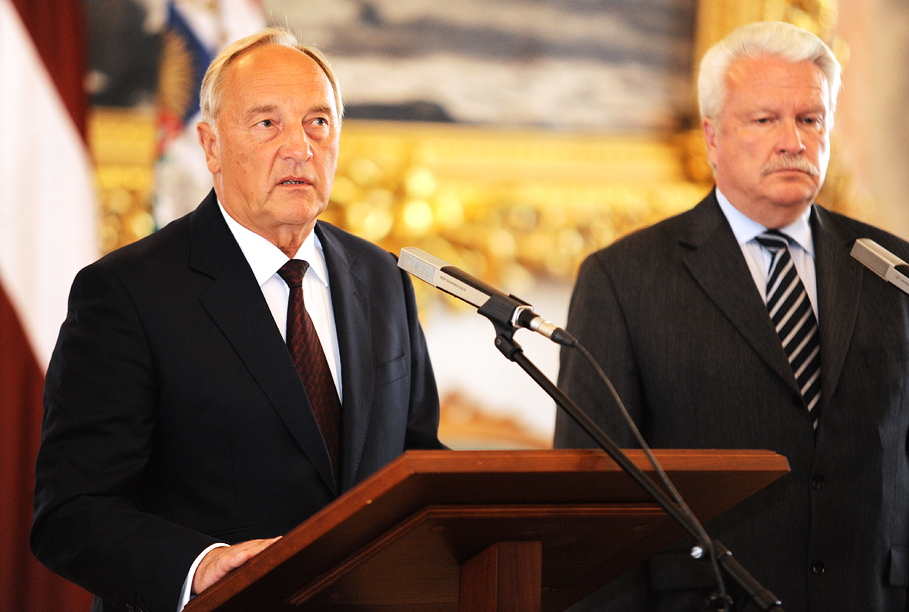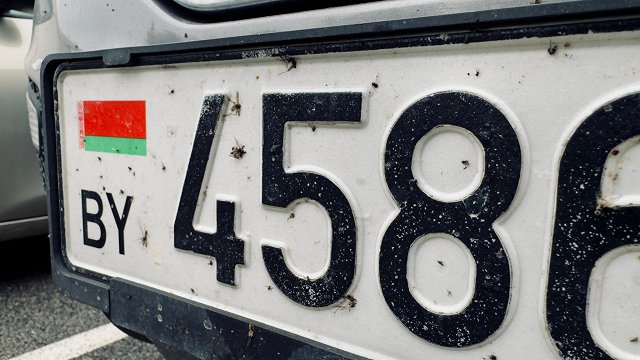Speaking to a press conference after meeting with Prime Minister Laimdota Straujuma and Agriculture Minister Jānis Dūklavs, Bērziņš promised that he would engage Latvia’s own European Commissioner for Development Affairs Andris Piebalgs to see what he might suggest for resolving the problems now looming from the countervailing trade prohibitions Russia has put into effect in response to western third-phase sanctions in the finance, high-tech and defense sectors.
Dūklavs agreed with the President, but warned that no consensus yet exists among EU member-states on how to go about compensating farmers and food producers for the losses they will suffer due to Russia’s response.
On her part, Straujuma told the press that the ministers and president discussed various intervention packages, such as renewing export subsidies as well as releasing currently available resources from the stability fund worth €400m.
The premier also said that she discussed the possibility of negotiating credit guarantees Friday with Latvian Commercial Banking Association president Mārtiņš Bičevskis and tax deferments and similar measures with State Revenue Service (VID) general director Ināra Pētersone.
Each of the state officials underscored the fact that support measures will require significant amounts of funding. Yet the Council of Europe isn’t scheduled to meet again until August 30. Agriculture ministers from all of the member-states are considering gathering next week for an extraordinary summit.
Straujuma explained that “the agriculture ministers could for instance decide amongst themselves to divert a few percentage points off of direct payments and thus subsidize the sectors most likely to suffer, which in Latvia would be the milk producers in particular.”
However Dūklavs again reminded the media that member-states have yet to reach a consensus on the best options at hand.






























